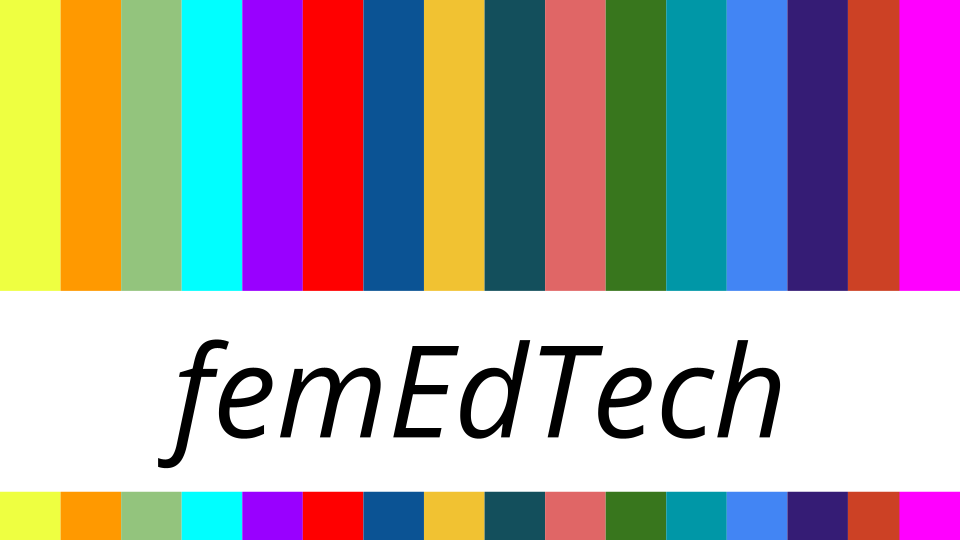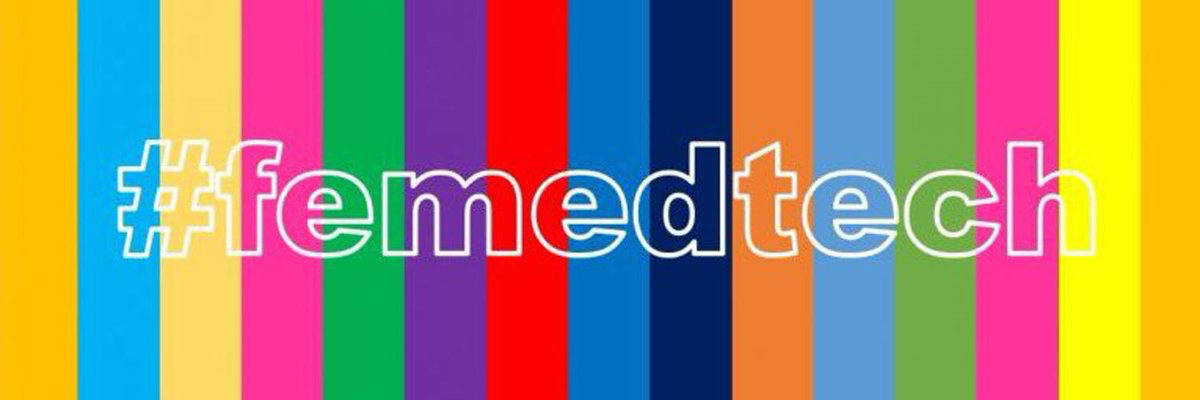Clare Thomson, Frances Bell and Louise Drumm are leading a one hour workshop at OER23 Inverness in Room 203/4 at 1400 on Thursday 6 April.
Come join us for some creative activism even if you aren’t in Inverness or couldn’t join in for other reasons. Here is the Workshop abstract and some resources to help you engage and contribute.
We encourage all participants, onsite or remote, to post their creation and its story in a FemEdTech Writing. We will aggregate these on one page after the conference – just remember to select the categories Guerilla Edtech and Stories with their post. Details of how in Resources.
Workshop Abstract
Until recently the EdTech contribution to the climate crisis discourse was one of positivity, with technology as the hero of the act. Three key narratives are that online conferences reduce air traffic, online learning reduces energy demands on campus and reduces transport use by staff and students (Klöwer et al., 2020). However, this view is being challenged with increased understanding of the scale of resources required to run digital services and to manufacture devices to store and consume data. The resulting carbon footprint caused by this has been accelerated by COVID-19 pandemic and the (Stonham, 2022). Digital devices not only increase carbon footprint but building them also consumes non-renewable rare earth metals (Macgilchrist, 2021).
Rather than taking a dystopian or utopian position, a ’rewilding’ is a more productive frame to address technology’s place within education (ibid). This is akin to other guerrilla projects such as gardening, wherein gardeners reintroduce nature to abandoned or neglected land as an act of protest or taking action (‘Guerrilla gardening’, 2023). Healing damage through unsolicited action. Exploring how convivial technology and the various ways ‘open’ can ameliorate the increasing negative impact on our environment is just one way in which we can stimulate conversations and discussions (Selwyn, 2023).
This workshop will create space for participants to explore how EdTech, the climate crisis and open can reimagine education’s stance to technology for a sustainable future. We are interested in participants’ ideas on what changes in practice could be achieved when we shift the focus of agency from technology-as-solution to imaginaries of humans-with-technology.
We will offer participants a material maker space, where they can work with materials, thread, glue and all things found and recycled to create a repurposed artefact around the themes of open, sustainability and learning technology. Participants can choose their own journey throughout the session; working individually, in pairs or in groups, to reflect and appreciate the restorative act of making. Each separate artefact will be created on a denim template shape provided by the facilitators and the collated artefacts will be captured as a single image. To avoid waste creation each piece can be kept by the individuals or disaggregated with the view to repurpose or add to recycling refuse containers.
We will invite participants at the OER23 conference and those connecting virtually as delegates or otherwise to contribute a picture of their idea and any accompanying text via a Writing at https://femedtech.net/write/. This facility has the advantage of allowing contribution without a log in, and the opportunity to express controversial ideas, even anonymously (subject to compliance with the FemEdTech Code of Conduct). Providing a Writings category eg ‘Guerrilla EdTech responses to Climate Change’ for the event will enable us to aggregate and archive participant stories and extend the dialogue beyond OER23 in time and location.
References
Klöwer, M. et al. (2020) ‘An analysis of ways to decarbonize conference travel after COVID-19’, Nature, 583(7816), pp. 356–359. Available at: https://doi.org/10.1038/d41586-020-02057-2.
Macgilchrist, F. (2021) ‘Rewilding Technology’, On Education. Journal for Research and Debate, 4(12). Available at: https://doi.org/10.17899/on_ed.2021.12.2.
Selwyn, N. (2023) ‘Digital degrowth: toward radically sustainable education technology’, Learning, Media and Technology, pp. 1–14. Available at: https://doi.org/10.1080/17439884.2022.2159978.
Resources:
- Craft resources will be provided at the workshop for Inverness delegates. You can craft your own embellished leaf (use this template) at home and upload an image with its story.
- The Write page where you can upload your story (having first safely recorded in a Word or other document – things can go wrong!). Be sure to select the categories Guerilla Edtech and Stories. Posts can be anonymous but all must comply with our Code of Conduct.
- Recording <link if/when available>.



Provide Feedback